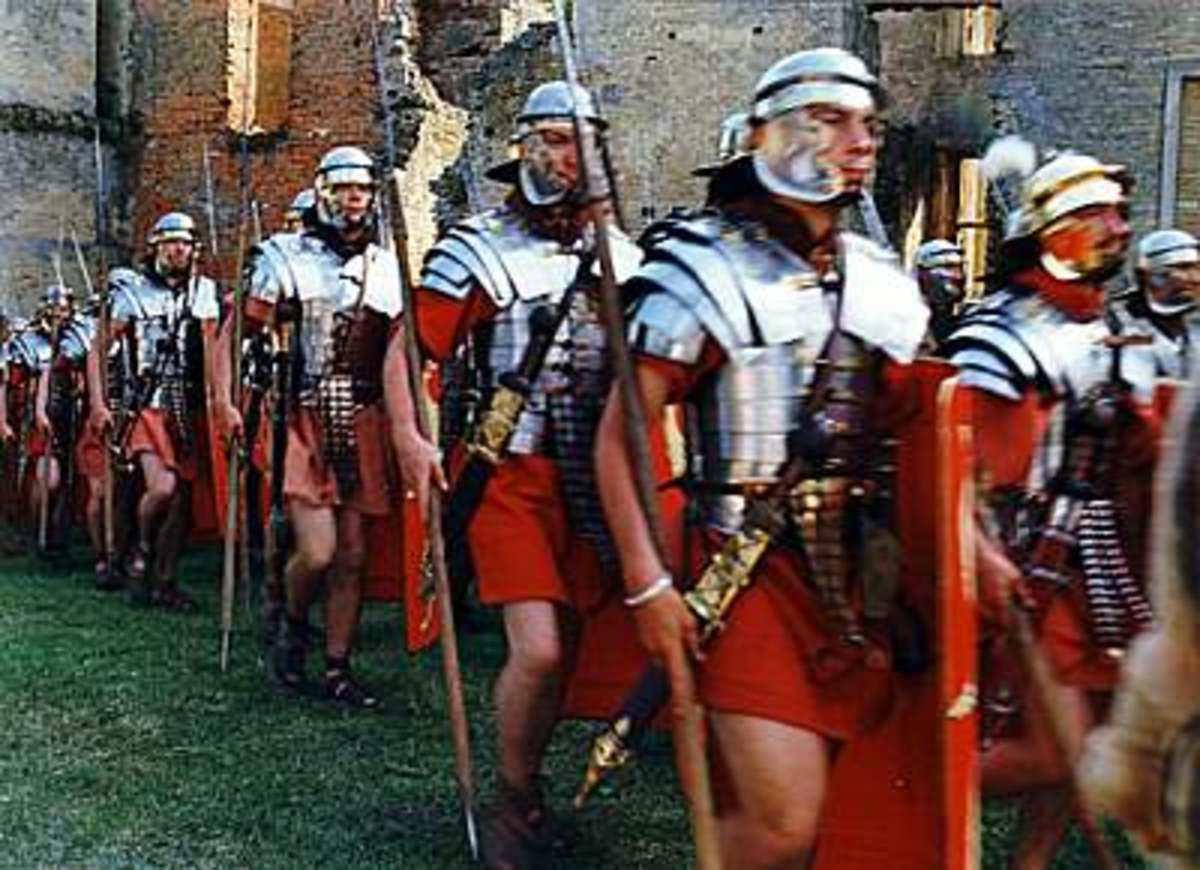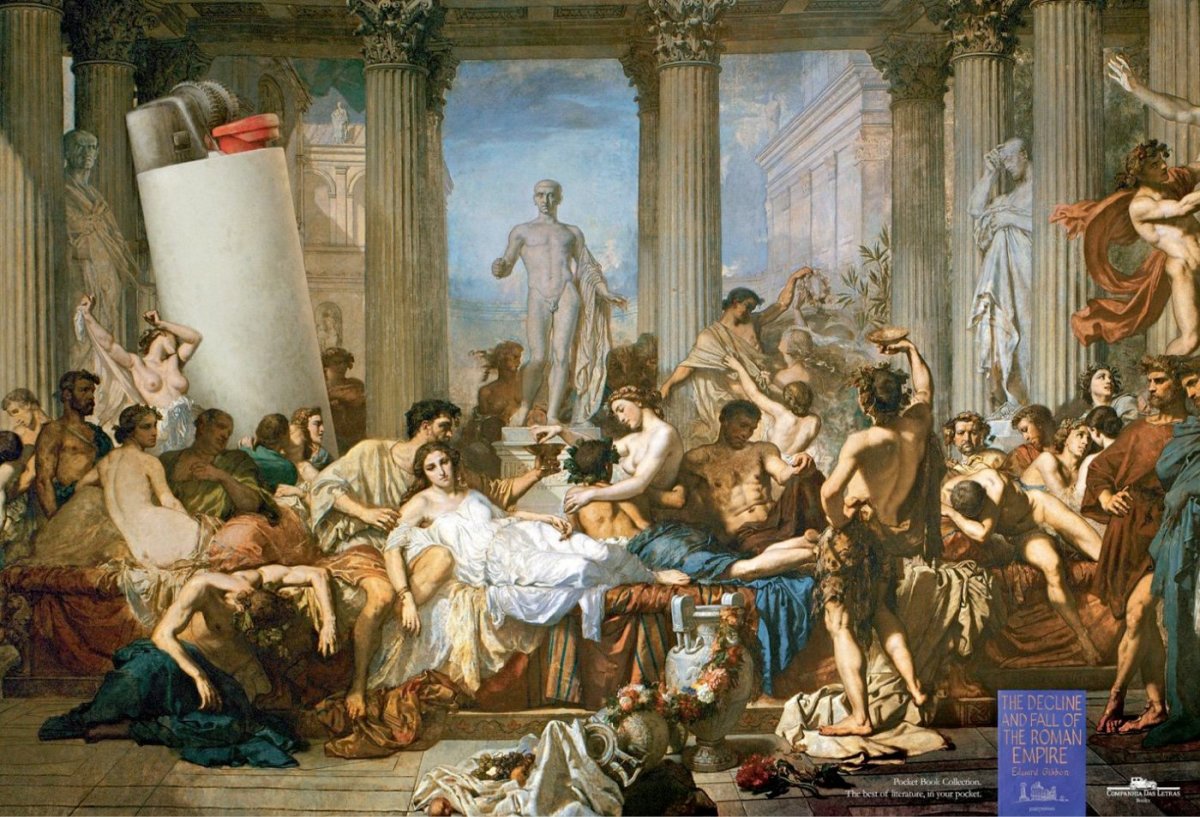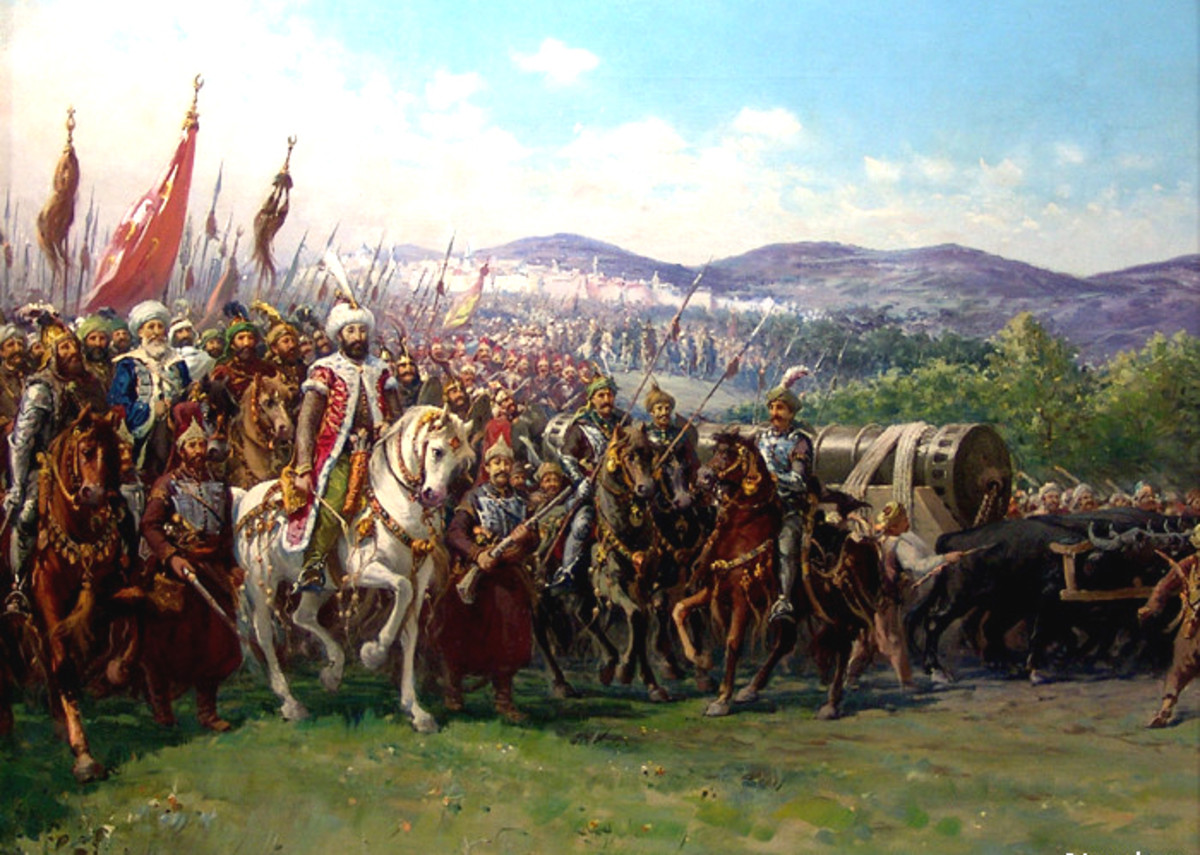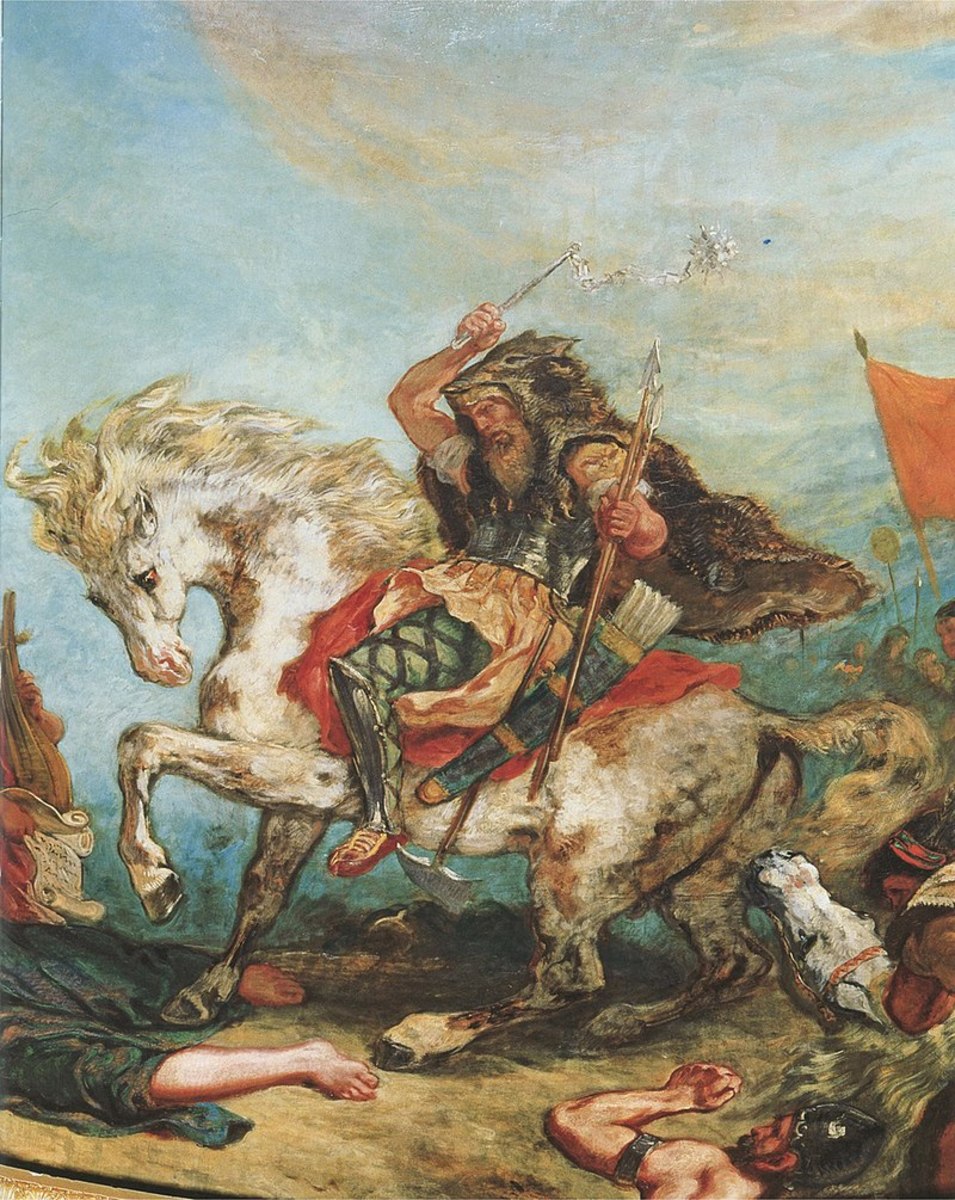Rise and fall of the Roman Empire is Recorded in Trees

Climate change blamed for civilizations ups and downs, and tree rings have documented climatic history.
Political and climatic stability are linked, says a new report published in the magazine Science.
A team of researchers have with the help of tree rings mapped climate patterns through the same period. They found that political and climatic upheavals have often acted in tandem.
Hot summers a key to success
Periods of long hot summers, according to the report seems to coincide with periods of great prosperity. Similarly, political unrest tended to occur during periods of unstable climate.
The report uses the rise and fall of the Roman Empire used as an example:
Wet and warm summers were common in Roman's world domination period. A greater degree of climatic instability characterized the years from 250 to 600, when the Western Roman Empire went under and there was a chaos of migration.
Migration occurred during a period from year 300 to 700 with massive population movements towards the Roman Empire, which led to the invasion and plundering.
Long periods of drought in 200's appeared with a number of critical events for the Roman Empire - barbarians, political chaos and economic crisis in many parts of Gaul.
- man Empire was a civilization that grew out of the city-state of Rome.
- The city of Rome according to legend was founded 21 April, 753 f.kr, of the twins Romulus and Remus.
- In 510 BC the Roman Republic was established, and during the 2nd century BC Romans became the dominant power in and around the Mediterranean.
- Caesar's successor Augustus founded the Roman Empire around 1930 BC The empire's peak was around 110, when it stretched from England to the north to Egypt in the south, from Spain in the west to Syria in the east.
- From the year 200 and onwards it was the period known as the crisis in the third century.Empire was repeatedly divided and combined in different constellations before the Roman Empire was permanently divided between the Western Roman Empire and the Byzantine Empire in 395
- The Western Roman Empire was gradually disintegrating over 400-s. September 4, 476 became the last Western Roman emperor Romulus Augustus deposed by the Germanic leader Odoacer.
Cold period during the Black Death
Until the year 1000 when the climate stabilized again, which is a period of strong population growth in northwest Europe.
Hot and humid summers was when medieval Europe experienced widespread cultural and political growth during the Merovingian and Carolingian- eras.
In the 1300's, the weather became cooler and more unstable, something the researchers behind the report believe contributed to weakening the people's health and helped to make the Black Death into the pandemic as it was.
In addition, cold periods of 1600 - and 1800's coincides with the Thirty Years' War and migration wave from Europe to the United States.
We are not immune
The study is based on measurements of subfossil archaeological, historical samples from Germany, France, Italy and Austria.
Years of good growing conditions, lots of water and enough supply of nutrients are found in wide tree rings. In the same way bad weather expressed through the trees shows the rings squeezed and crowded.
One of the report's authors, Ulf Büntgen palaeoclimatologist of the Swiss Federal Research Institute for Forest, Snow and Landscape, believes the research results can help to create climate models for the future, and also serve as a warning of how climate variations might affect society.
Modern times with obvious climate change occurring for whatever reason, is a warning that we too may experience changes in historical trends just as the Romans did when they fell to the waves of migrations of barbarian peoples.








